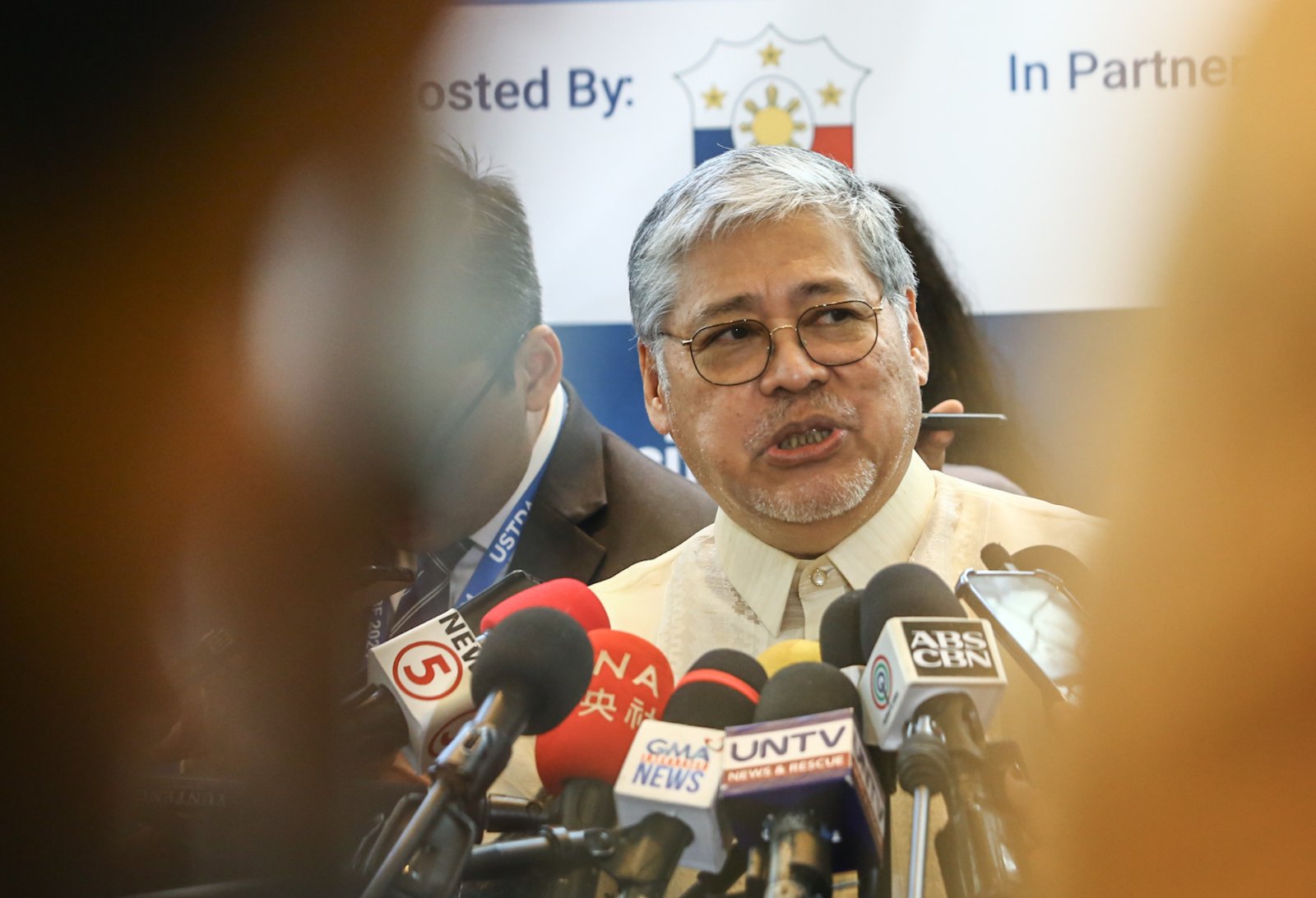News
PH affirms UN ‘pact’ to boost global governance
By Ma. Teresa Montemayor, Philippine News Agency

During his speech, Manalo said the country hails them as a triumph of the persistence of multilateralism showing that “a better world is possible with the solidarity of nations”. (PNA photo by Joan Bondoc)
MANILA – Foreign Affairs Secretary Enrique Manalo said the Philippines welcomes the United Nation’s (UN) comprehensive pact aiming to strengthen global governance and tackle key challenges of humanity.
The UN General Assembly has adopted the Pact for the Future, along with its annexes, the Global Digital Compact and the Declaration on Future Generations.
It proposes detailed action plans to address sustainable development, international peace, and technological innovation, youth and future generations and transforming global governance.
During his speech, Manalo said the country hails them as a triumph of the persistence of multilateralism showing that “a better world is possible with the solidarity of nations”.
“The Pact can guide the UN in delivering meaningful outcomes for peace and security, for human rights, for fairness and equality, for resilience from crises and disasters, and for empowering individuals and all communities in the world,” he said.
“Multilateralism, with the UN at the center, flourishes on the grounds of a rules-based order that provides conditions for trust, solidarity, equity, and peace.
”
He said respect for the rule of law safeguards global peace and security and enables the international community to confront complex current and future challenges.
Manalo said the pact would guide members to persevere for peoples whose hope lies in coordinated action in the context of effective processes of the UN system.
He noted that the pact sets a paradigm for inclusive multilateralism and fosters a new international and inter-generational solidarity on the role of women, youth, migrants, persons with disabilities, older persons, and indigenous peoples, in shaping more humane, equal and just societies.
“It is important that this Pact renews our collective determination to defuse tensions and seek the peaceful resolution of disputes and conflicts.
This is the essence of the 1982 Manila Declaration on the Peaceful Resolution of Disputes,” he said.
“In pledging to the Pact, States abide by the obligation of rejecting force and the threat of use of force, to settle disputes,” he said.





















